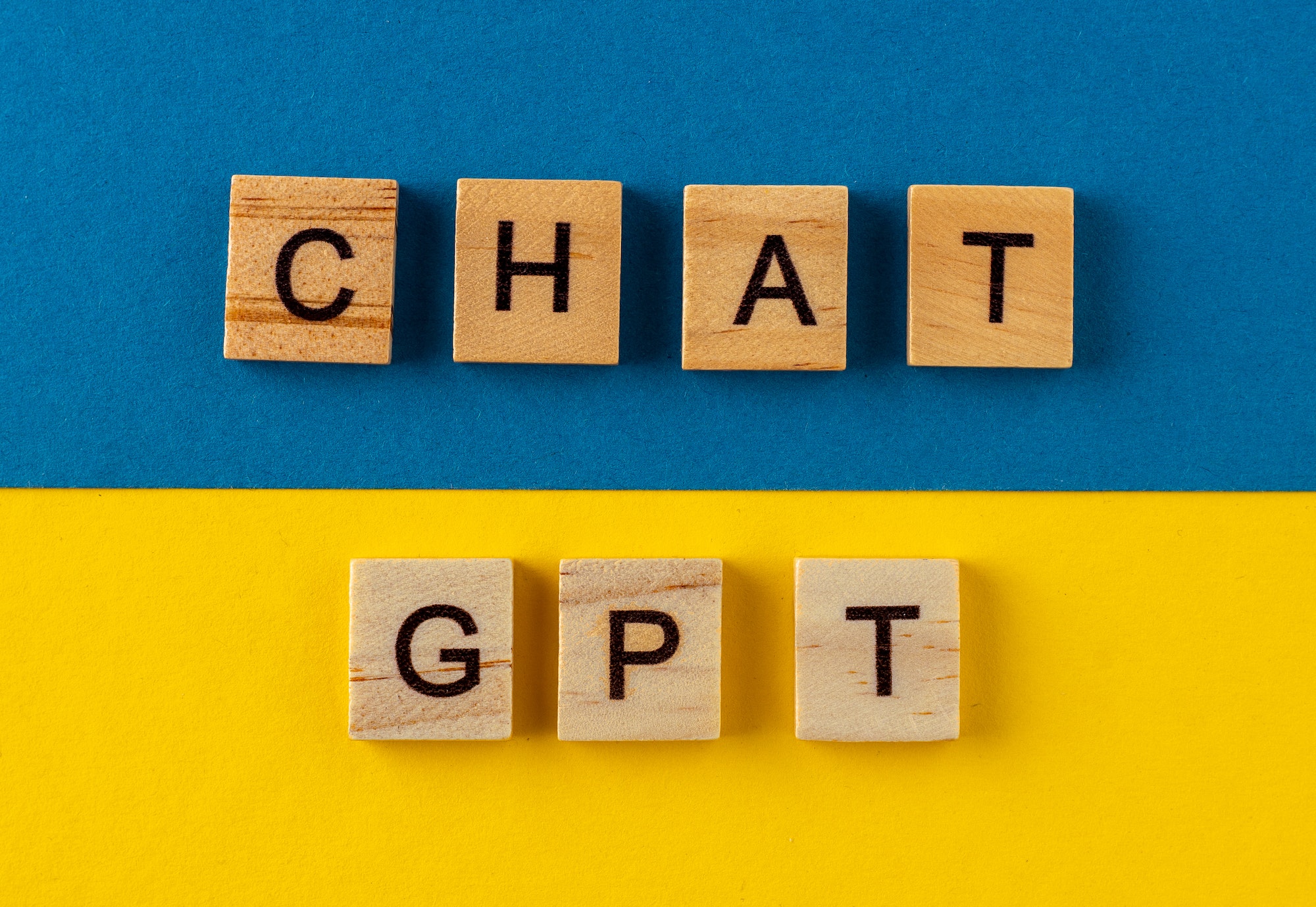Use of artificial intelligence in education: advantages and limitations

With artificial intelligence (AI), invaluable changes are taking place every day in a multitude of areas. In the education sector, these tools offer many possibilities for learners, but also for teachers. From the personalization of learning paths to the automation of administrative tasks, they demonstrate real potential to transform education and improve performance. Read this article to find out what you need to know about the implication and application of AI in education.
AI applications that offer a real advantage to learners
Artificial intelligences are above all information tools. They use various programs and rules that allow them to respond to specific requests launched by their users. You can navigate to site to learn more. They mostly use machine learning, a method that allows them to provide them with personalized responses.
En parallèle : The evolution of social media algorithms: a user’s perspective
These tools also guarantee interactive and fun learning. To facilitate assimilation, it offers training in a fun format. They also offer simulations and immerse the learner in an immersive environment. Overall, AI makes learning more accessible for people in rural areas and those who cannot travel. Since the mobile phone, it has been possible to take lessons and learn in a rather immersive way.
The advantages for the teacher
For teachers, artificial intelligences are nothing other than beneficial tools. They make it possible to automate certain energy-intensive and time-consuming tasks, such as:
A voir aussi : Can Robots Enhance Manufacturing Precision?
- Writing guides;
- Writing exams;
- Lesson planning;
- Correction of homework;
- Grade management, etc.
They thus allow a real saving of time and efficiency. They can in fact focus on more important tasks such as the creation of quality educational content and individualized support for students.
With AI, teachers also have an incredible opportunity to better study the performance of their students. These tools can indeed analyze student data to identify their strengths and weaknesses and adapt teaching accordingly. This also allows them to offer content and activities adapted to the level and pace of learning of each student.
What is the impact of artificial intelligence on learning in general?
There is no longer a shadow of a doubt about it. AI has the potential to revolutionize learning by making it more personalized and effective. But the fact remains that it can have certain harmful impacts on the education of children. There is a real risk of addiction. By dint of using them, some learners can no longer think any more than through artificial intelligence. Whether it's exercises or homework, they no longer see the importance of bothering themselves and prefer to let the AI do everything for them. They thus veer into laziness which ends up greatly harming their ability to think and solve problems.
In addition to this, because these tools generate content that they make available to learners, there is a great risk of dehumanization of the learning experience. The nuanced approach that teachers offer may no longer benefit students. Added to this are also other limitations of AI which seem to make its use more difficult.
Limitations of AI tools in education
The development of artificial intelligence tools most often requires a lot of money, as does their implementation. This represents an obstacle to their implementation in certain establishments, especially those which lack resources. There is also the fact that many teachers do not master the operation and use of this tool. But, this is a problem that can be resolved with quality training before the launch of these robots in schools. The use of this tool in education also raises the problem of ethics, with regard to data confidentiality, as well as the fairness of algorithms.
